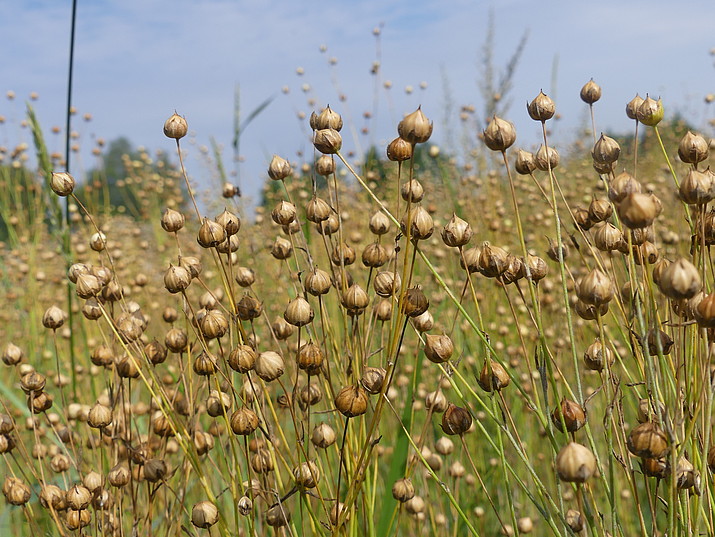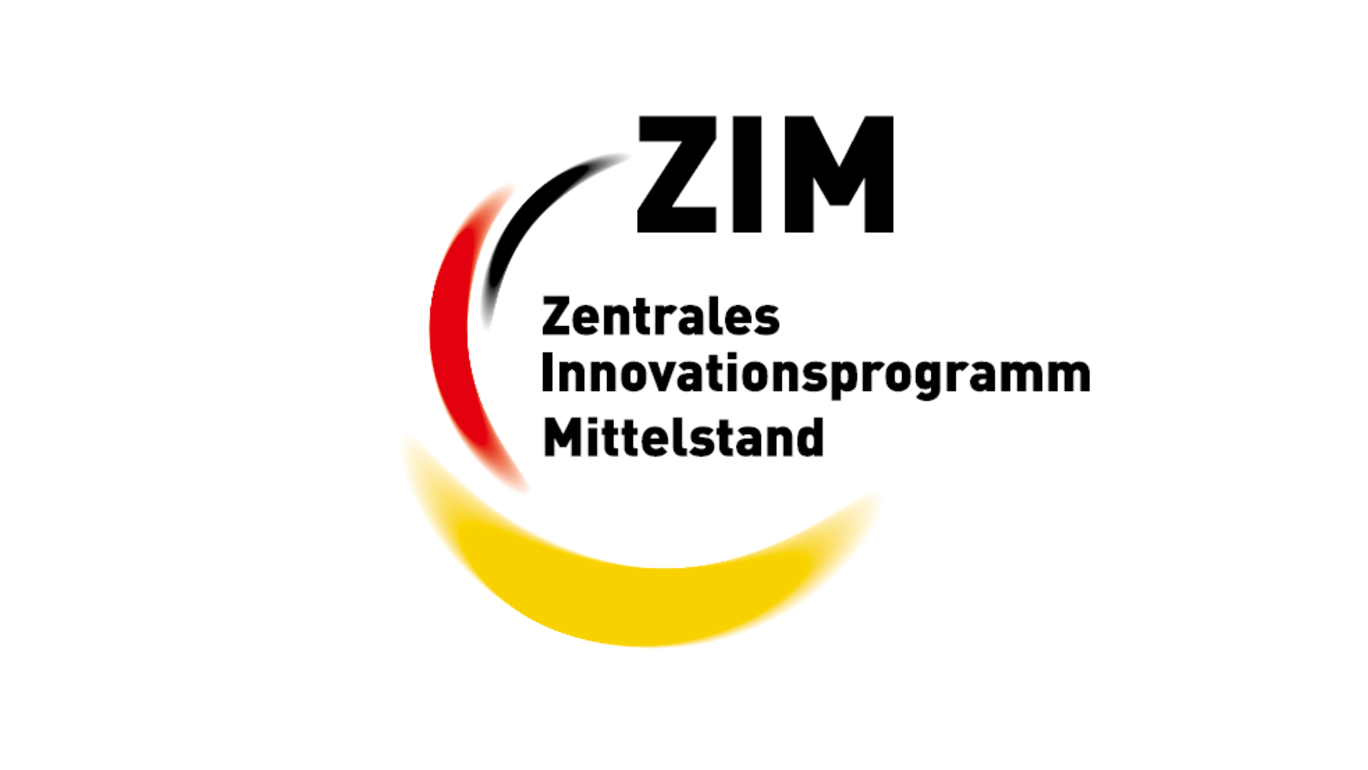Development of an emission-free and ecological flax yarn based on a specially developed fermentation process with Mechanische Netzfabrik Walter Kremmin Co. KG

The excessive use of pesticides and fertilizers as well as the high water consumption for the cultivation of cotton for the textile industry cause drastic consequences for the environment, such as the drying up of the Aral Sea in the Central Asian cultivation areas.
Accordingly, there is considerable need for alternatives to cotton in textile production, with common flax, representing a promising natural fiber source.
In the Flachsgarn project, emission-free production methods of end products from flax fibers with a high degree of fineness are being researched. The resulting research results are to be made available to the large market of the textile processing industry in Germany.
In the project, which is funded by the Zentrales Innovationsprogramm Mittelstand (ZIM) (Central Innovation Program for SMEs (ZIM)), the researchers are developing a special and gentle process for breaking down flax fibers. To do this, the research team is using certain bacteria. In a fermentation process, these bacteria separate the fibers from the plant in a desired size, which can then be processed into a flax yarn. This yarn can then be used to produce scrims or fabrics with a very high fineness. These degrees of fineness, which can be expected via the flax yarn project, are particularly interesting for the textile processing industry.


